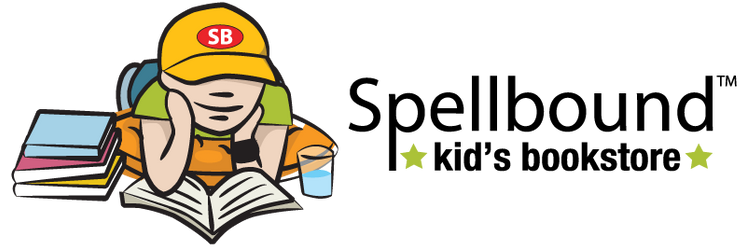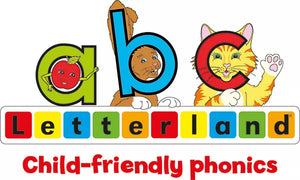You Cant Use Your Brain If Youre A Jellyfish Hb
Starting with the lowly earthworm, Dr. Fred Ehrlich looks at the brains of insects, birds, mammals, and finally humans. How are human brains different from those of other animals? What can they do that we can't? What can we do that they can't? Dr. Fred Ehrlich makes the most complicated subjects understandable to young minds. In his third contribution to this popular series, he again combines a fact-packed text with humorous verse to emphasize important points. Illustrated with Amanda Haley's child-friendly drawings. Includes a glossary of difficult words. Editorial Reviews From School Library Journal Grade 3-5-Starting with a mention of organisms that have no brains (jellyfish), Ehrlich moves on to consider animals with simple brains (worms, mosquitoes) that use instinct to guide them. Bigger animals with more complex cerebral activity-and what that means-are also discussed. The author then explains how humans are capable of learning, thinking, pondering, feeling, and guiding, thus making our brains the best. (He points out that all animals have a brain that is just perfect for them and their environments.) The lengthy text alternates with amusing verses, e.g., Animal brains/Have different shapes,/From little to big,/From bugs to apes. Haley's cartoon caricatures contribute to the humor. The book has a glossary, but it lacks a pronunciation guide. (How many readers are going to be able to sound out electroencephalographs or helminthologist?) The book is not detailed enough for research purposes, yet it is too advanced for youngsters without some background.-Sandra Welzenbach, Villarreal Elementary School, San Antonio, TX Copyright å¨ Reed Business Information, a division of Reed Elsevier Inc. All rights reserved. From Booklist K-Gr. 3. The team who created You Can't See a Dodo at the Zoo (2005) offers an informative yet lighthearted comparison of animal brains. Following an overview of brain functions, Ehrlich briefly discusses invertebrate, vertebrate, primate, and human brains, emphasizing that each brain provides what a particular animal needs in order to survive--whether it be instinctive behavior, tool-making skills, or verbal and written communication. Haley's colorful cartoon illustrations pick up key ideas from the text and add vivacity to the presentation, especially the humorous verses appended to each section. Although the degree of specificity varies from animal to animal, the presentation introduces a complicated subject in a way that will provide young readers with the background they need for more detailed investigations. Kay Weisman Copyright å© American Library Association. All rights reserved
Publisher: Blue Apple BooksAuthor: Fred Ehrlich
ISBN: 9781593540906
Pages: 44
Format: Hardcover
Dimensions: 8.4 x 0.4 x 10.1 inches
Free delivery
Free delivery anywhere in India on orders over ₹1,500


